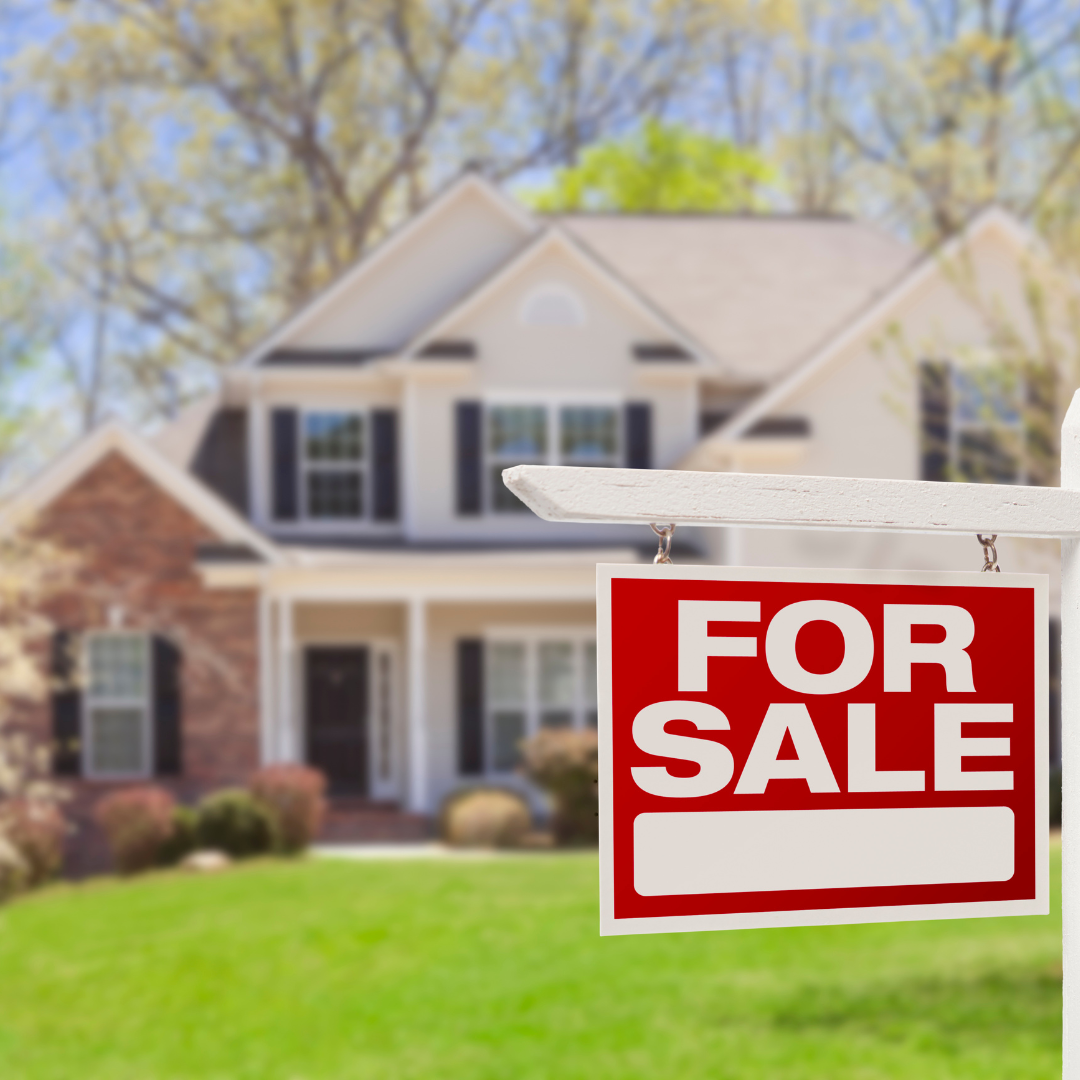
Navigating the Selling Process: A Step-by-Step Guide
Selling a property can be a complex and overwhelming process. From listing your home to closing the deal, there are several stages involved that require careful consideration and planning. In this blog, we will break down each stage of the selling process, providing you with a roadmap for a successf

First Impressions Matter: Enhancing Curb Appeal
When it comes to selling your home, first impressions truly do matter. Potential buyers often make up their minds within seconds of seeing a property's exterior, so it's essential to enhance your curb appeal and make a lasting impact. In this blog post, we'll provide practical tips and ideas to maxi

The Art of Successful Home-Staging to Boost Sale
Selling a property can be a daunting task for many homeowners. However, one effective strategy to attract potential buyers and speed up the sale is through the art of successful home-staging. By presenting your property in its best light, you can create a desirable living space that will captivate p
Recent Posts






